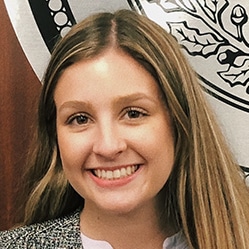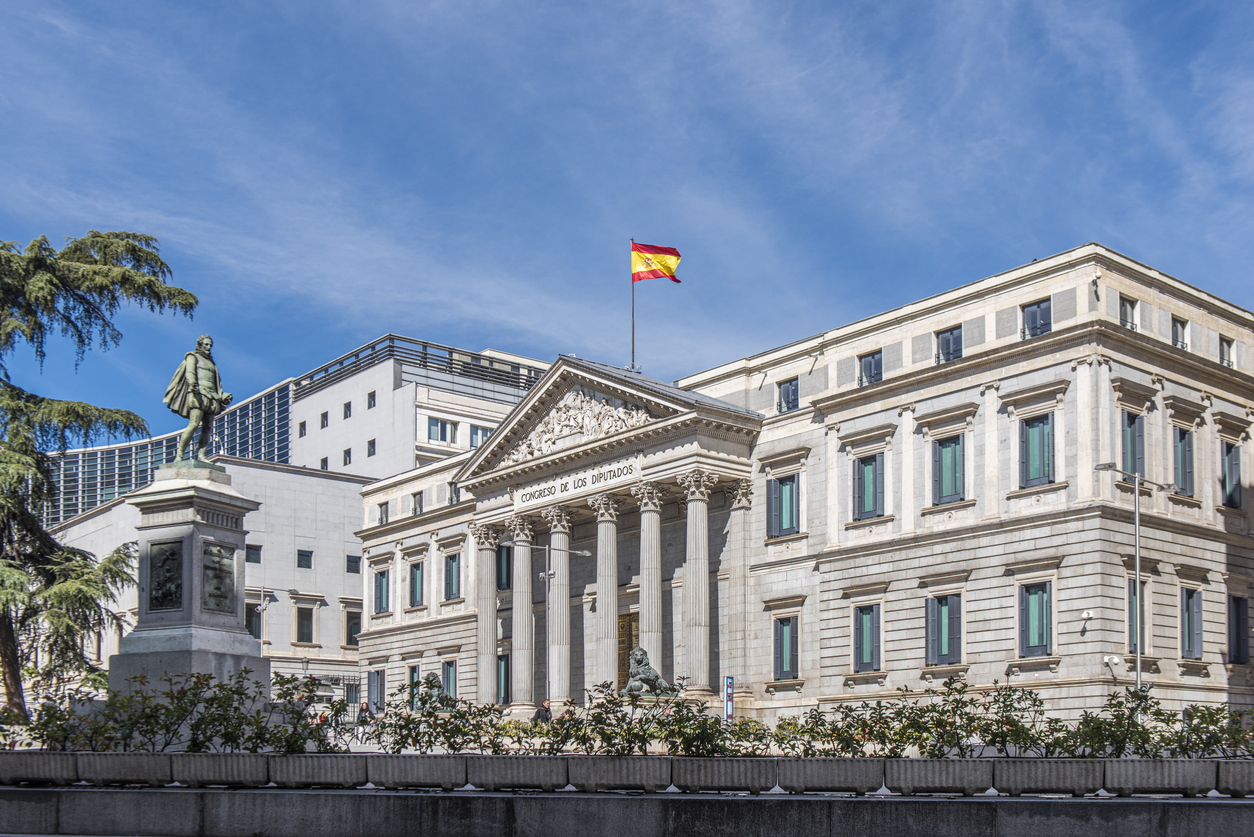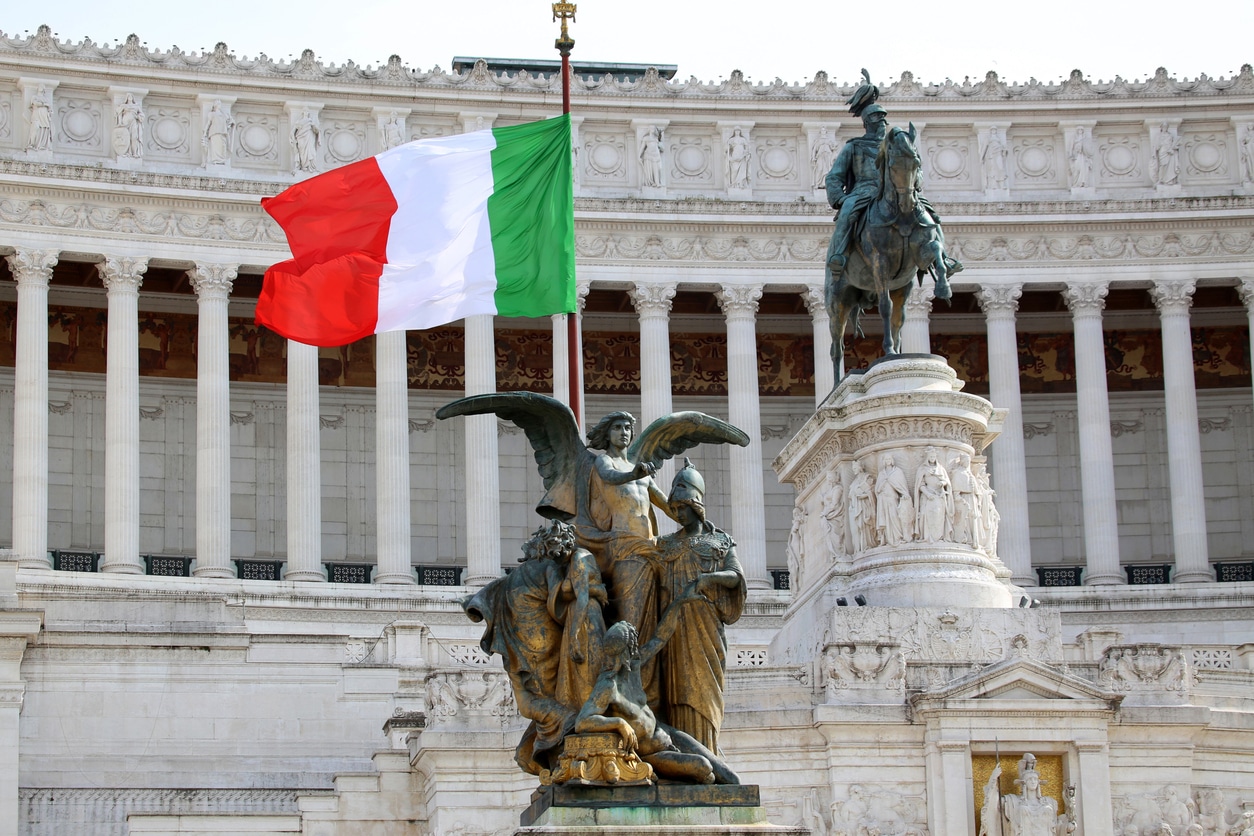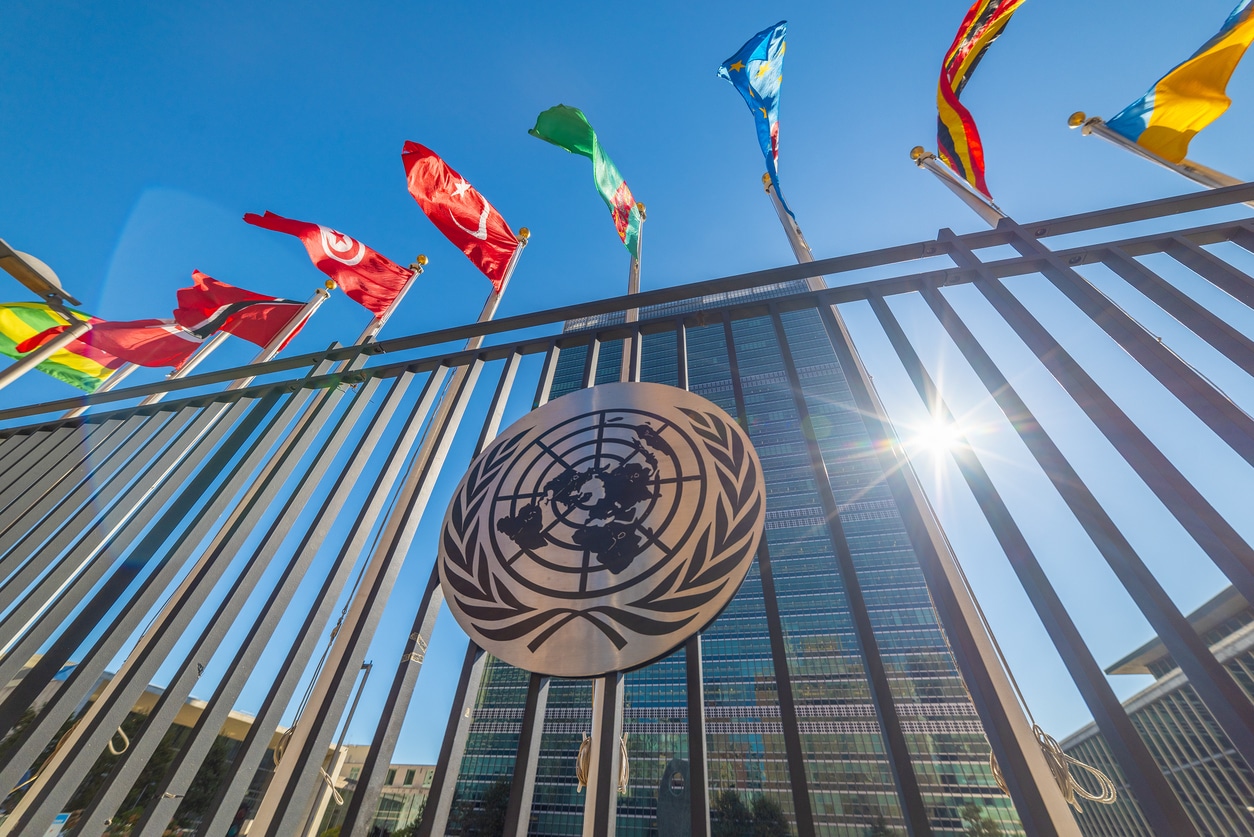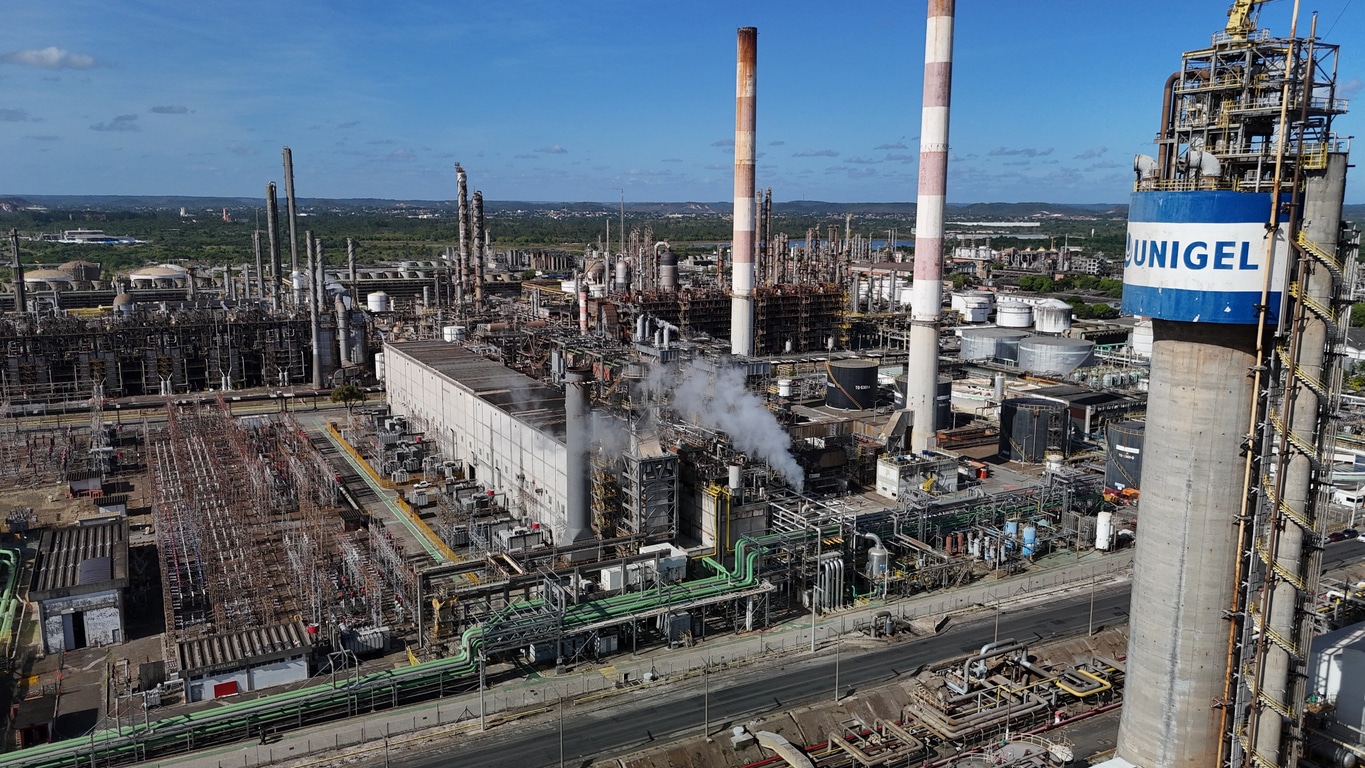Whistleblower Lawyer Talks Anti-Corruption with Prominent African Officials
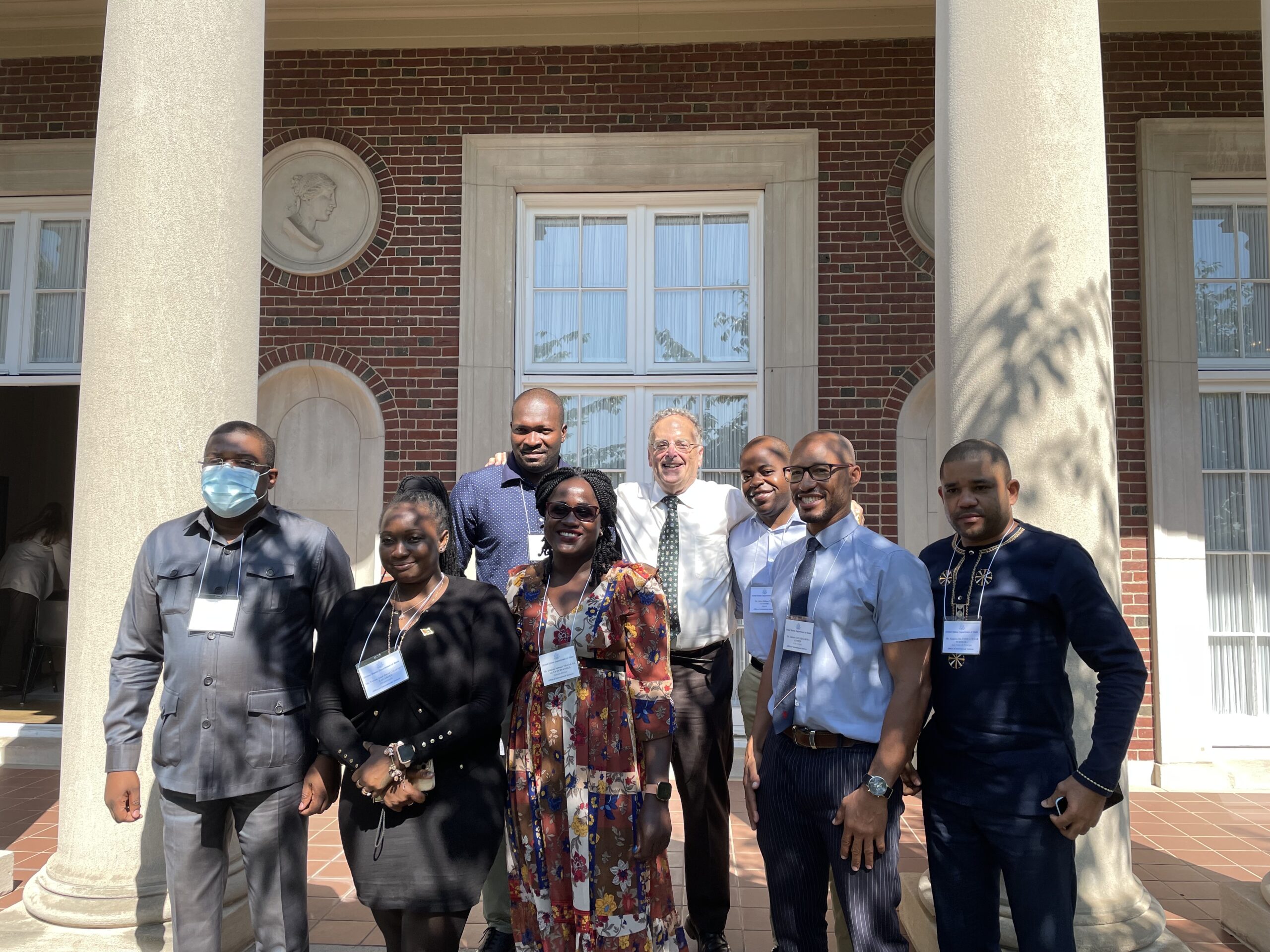
On August 30, Stephen M. Kohn returned to the Meridian International Center as part of the U.S. State Department’s International Visitor Leadership Program (IVLP). Kohn, founding partner of Kohn, Kohn, and Colapinto and Chairman of the Board at the National Whistleblower Center, was welcomed by representatives from Angola, Cabo Verde, Guinea-Bissau, Mozambique, and São Tomé and Príncipe.
Participants held a range of distinguished positions in their respective countries, from Director of Information and Communication to Cabinet Director for the Attorney General.
Kohn provided an overview of whistleblower reward provisions available under U.S. law to international citizens. Keying in on the Foreign Corrupt Practices Act, Kohn explained how and why this law works, and its ability to support whistleblowers across the world. The FCPA gives the U.S. government eyes and ears in every corner of the international sphere, generating inside sources who witness corruption firsthand.
“Fraud is designed to be secret,” Kohn said. “The entire program is designed to incentivize insiders with valuable information to come forward. “
In many countries represented by the IVLP delegates, whistleblowers are at risk. Retaliation, harassment, and personal harm are not uncommon. Kohn explained the chilling effect on whistleblowing that occurs when the public witnesses the harsh backlash a whistleblower may face, and how that can be avoided when U.S. laws are utilized to guarantee confidentiality and anonymity for an informant.
The National Director of Public Accounting at the Ministry of Finance in Angola raised concerns about the practicality of implementing such laws abroad.
“The fear of retaliation is a very serious topic,” he said. “Even if people have compensation, privacy is perhaps the most important concern. Even with the compensation people hesitate to go into this process.”
Kohn then described the confidentiality and anonymity granted by the FCPA to all whistleblowers from any country, and shared success stories of those who have received large awards while never having their identity or security threatened or exposed.
One major focus of Kohn’s presentation was the influence of bribes in the oil and gas industries. Countries in attendance, such as Mozambique and Angola, are no stranger to the corruption that can stem from oil and gas companies infiltrating a country’s political system. Others are trying to be proactive, and learn the warning signs of impending bribery.
Take the small African island of São Tomé and Príncipe for example. Off the central coast of Africa along the equator, São Tomé and Príncipe is known to be a country with one of the strongest participatory governments in the world. However, a recent regime change coupled with the discovery of oil nearby has set up this untapped island for a slew of incoming bribes.
According to trade.gov, only 9 of 19 oil blocks around the island are unoccupied by a company contract. Total Inc. of France and the U.K.’s Shell Inc. have already got their hands on a share of the blocks: two countries who have already been sanctioned by the U.S. government under the Foreign Corrupt Practices Act. In 2013, Total was sanctioned $398,000,000 by the SEC for bribes paid to Iranian officials. In 2010, Shell was hit with a $39,300,000 sanction themselves after paying kickbacks to Iraq to obtain contracts under the U.N. Oil for Food Program. In each case, bribes paid were estimated to be over $2.7 million and $6 million, respectively.
The representative from São Tomé and Príncipe in attendance has already begun to see the impact of large oil companies in his home country.
“Corruption is a very relevant subject matter,” he said. “It hurts a lot of countries where we invest in public policies to improve the quality of life, but corruption diverts those plans. We have seen that. Most people connected to corruption are incentivized by companies that are world powers and contribute to under development, poverty, and great suffering as a result.”
In response, Kohn proposed the two largest deterrence mechanisms that can be used to try and fight the exact forms of corruption raised: fear of detection and large sanctions. When a company fears that anyone around them could potentially be a whistleblower, they will be too scared to commit fraudulent actions. Fear of detection is increased when successful whistleblower stories make it to the news and companies become paranoid about the possibility of insiders all around them.
Large sanctions, into the hundred million and billions, are not uncommon for big oil and gas companies. Getting caught for a few bribes could cost you the entire company. As long as the government keeps rolling out these sanctions that are hard to recover from, companies will not want to risk the chance that their pockets are the next to be wiped clean.
Latest News & Insights
November 19, 2025
